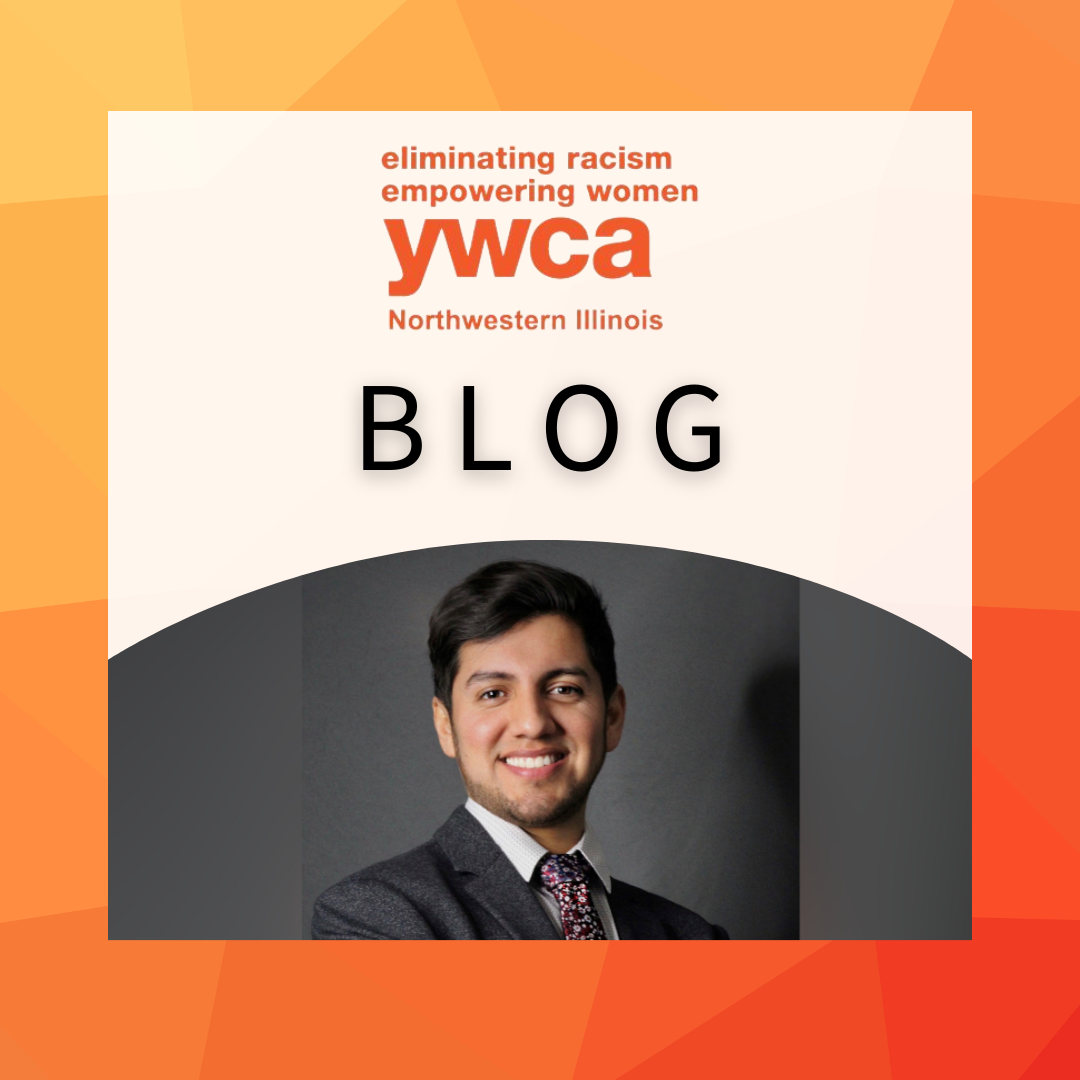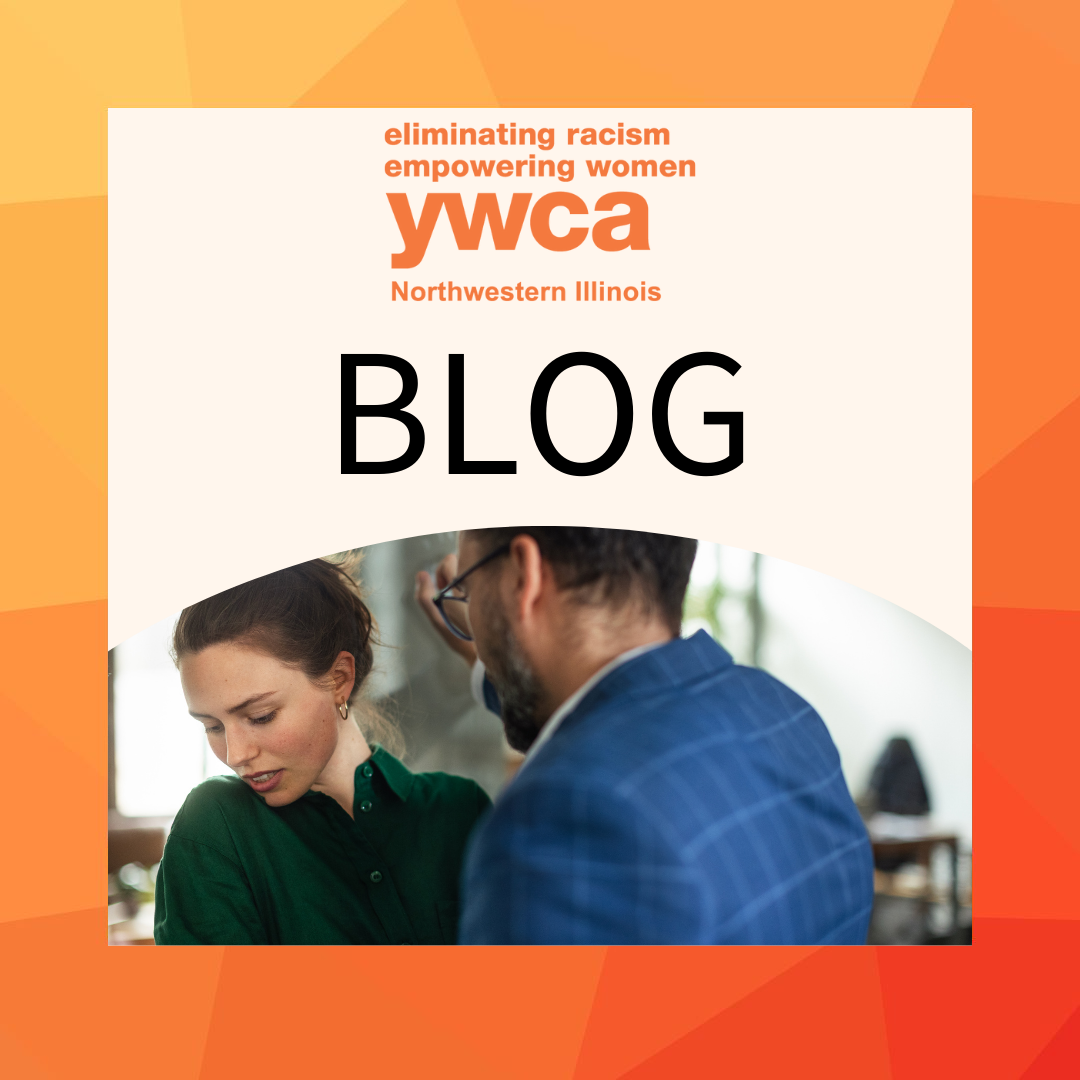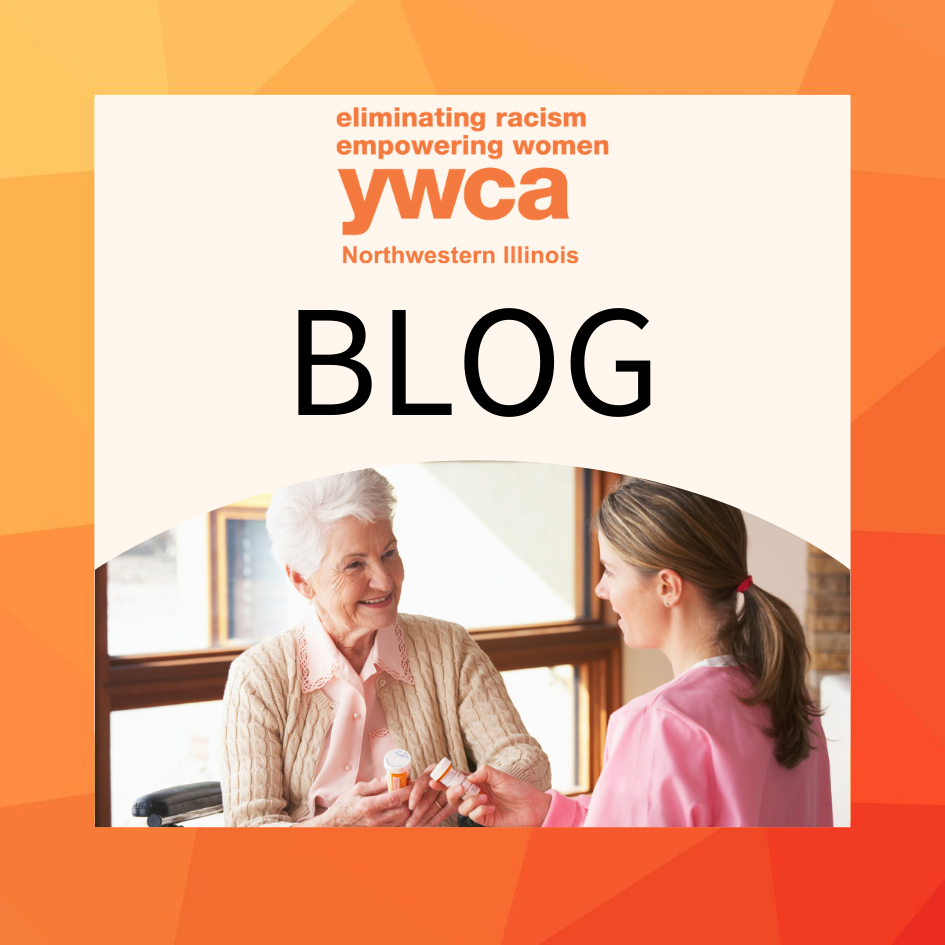When I first moved to the US as a sophomore in high school and started attending a predominantly white school, I frequently felt that my multifaceted identity should be hidden. It was all about fitting in for me. Even though I didn’t particularly enjoy the food in the cafeteria, I turned down the opportunity to bring my own food to school since I didn’t want to draw attention to myself or be questioned about it. Today, I regret some of the choices I made then, but when I was younger, I was just a kid attempting to balance competing identities in a place where I didn’t feel like I could be who I really was. Navigating my identity as a child of immigrants has not been easy, from widespread judgment about who I could or should have become to presumptions about how I should “use” my ethnic background to make myself stand out in college or on job applications. Although growing up in a different nation than their parents presents numerous problems, immigrant children eventually gain rich experiences and varied identities from their upbringing.
Among the difficulties faced by immigrant children are emotions of alienation and a sense of lack of identity. When it feels like you do not have “enough” of one item, belonging to two or more communities can feel like you do not belong anywhere at all. You may feel like an outcast in several situations if you are shamed at home for not speaking your native language well and feel the same way at school about possibly being ridiculed for not speaking English correctly. First-generation children may be held to unattainable standards by those who are not immigrants and parents who are immigrants, who put pressure on them to properly integrate into many contexts. Additionally, children in immigrant communities are often less likely to succeed academically and professionally because they lack the social, economic, and educational opportunities of their non-immigrant peers. Furthermore, it’s highly likely that in some immigrant families, mental health difficulties won’t be acknowledged or addressed. This is because mental health issues and available treatments are often stigmatized in immigrant communities.
Nonetheless, children of immigrants can develop complex, multifaceted, and distinctive personalities in spite of these obstacles. Children of immigrants benefit greatly from early exposure to a variety of cultures. These kids gain a rich cultural foundation through immersion, from which they can draw a variety of experiences and resources. While assimilation is implied by the conventional “melting pot,” children of immigrants can integrate their blended identities into mainstream American society to enhance its vibrancy.
The experiences of immigrant children are wide-ranging and diverse overall. Some people identify more with the culture of their parents, while others identify more with the culture of their home nation. While some are the children of well-educated professionals, others come from modest families and backgrounds. While some people speak exclusively their adopted language, others are fully multilingual. It’s critical to remember that not all immigrant children experience the same degree of personal and financial hardship. I would never claim to endure the same difficulties as the kid of recent refugees because I am both the product of a decent childhood and the child of immigrants. But every first-generation child has a unique experience and set of difficulties.
Children of immigrants, regardless of their upbringing, require assistance in creating strong identities and establishing successful lives for themselves in the nation where their families are new. Though there is still a long way to go, immigrant depictions in TV and movies are starting to appear. The political demonization of immigrant populations has gotten worse in recent years, and it is the responsibility of the larger American community to condemn this divisive discourse and to confirm that immigrants and their families are indeed here in the United States. We can no longer watch helplessly while intimidation and bullying drive immigrant children to feel, like I did when I was a child, that they must reject their roots. Children of immigrants should be proud of their blended identities and receive the support to grow into adults that are fully integrated into American society, but are also proud of their heritage.
-Diego Valdivia, YWCA La Loz Latina Director of Immigrant Services




